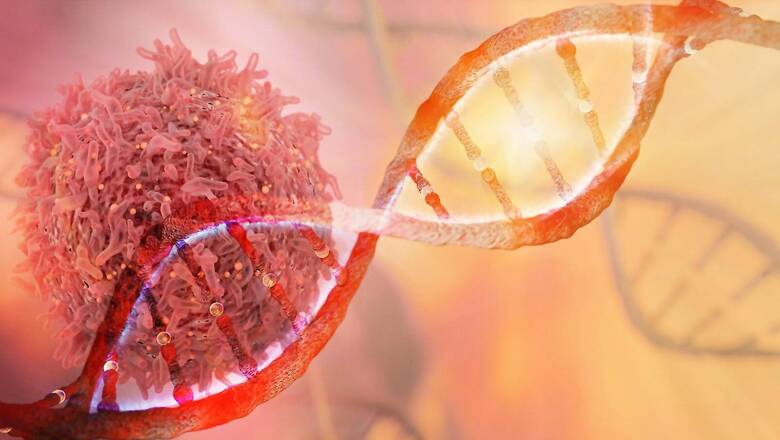
views
Cancer and the medical treatments associated with it can bring not just a lot of physical but psycho-social changes too. The person going through the cancer journey can feel the physical pain and fatigue, but their family will also have to deal with all the uncertainty that ushers in. Anxiety, depression, a strain on relationships, and so much more can impact lives. In this case, psychosocial interventions become crucial not just for the patients but for their families too. That gap is filled by psycho-oncology, a relatively new interdisciplinary discipline. Here is all you need to know about this cancer specialty, how it is beneficial, and when should you seek out their help:
What is Psycho-Oncology?
According to the American Psychosocial Oncology Society, Psychosocial Oncology can be defined as “a cancer specialty that addresses the variety of psychological, behavioural, emotional, and social issues that arise for cancer patients and their loved ones.” A variety of factors can influence the type of distress, this can include the type of cancer, where patients are in their life, and their coping mechanisms. They have also defined the psychological dimensions of cancer in the two broadest terms. The first is the emotional response of patients and their families. The second is the emotional, behavioral, and psychosocial difficulties. Psychosocial oncology can help address all of these dimensions.
Benefits of Psycho-Oncology
A psycho-oncologist is a professional who is trained to provide specialised interventions to people who have been diagnosed with cancer and their families. This begins from the time of diagnosis through treatment and beyond. Their focus remains on the psycho-social aspects of patients and their families. Their aim is to understand the physical and psychological needs, help people deal with loss, learn coping strategies and build resilience.
A psycho-oncologist will be able to provide their clients with the following benefits:
- Helping cope with diagnosis and treatment
- Helping to adjust to change and loss
- Addressing body image issues, changes in personal and professional relationships
- Help with sadness, anger, anxiety, and depression
- Help with pain management strategies, fatigue, and side effects of treatment
- Cope with uncertainty, including fear of recurrence, advanced disease, and end-of-life care
How To Spot Signs Of Distress
There are some signs of distress that you might be able to spot in yourself or a loved one who is going through the cancer journey.
In case you spot these, you can seek out help from psycho-oncology services:
- Anxiety or panic attacks
- Fear of the future or feeling helpless or hopeless
- Difficulty dealing with symptoms, treatment, or other medical procedures
- Loss of appetite
- Lack of interest in otherwise enjoyed activities or life in general
- Communication issues or adjustment issues
- Body image issues
- Feeling short-tempered and grouchy
- Thoughts about self-harm
- Sleep problems.
- Difficulties with sexuality or intimacy
Read all the Latest Lifestyle News here




















Comments
0 comment